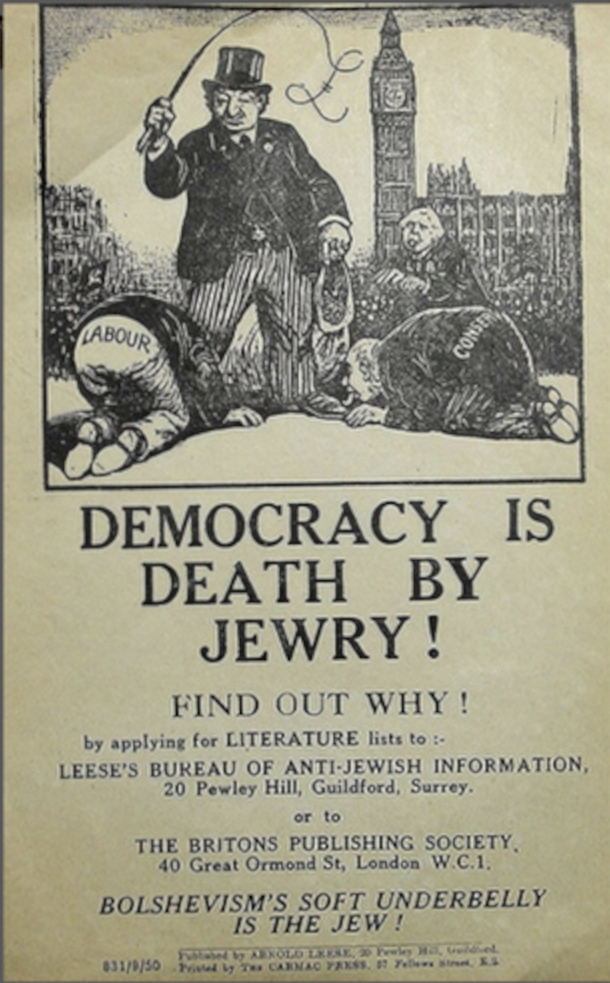How should people in a democracy contend with contrasting opinions?
A) Public debate
B) Killing political opponents who engage in public debate
@cjd You cannot "kill all those people" who voice a mere opinion, because that's already option B. As soon as a certain threshold of people choose B, your democracy has already died.
The answer is neither. The answer is it's better to be peaceful until attacked, then violent until you win. To do otherwise is to be either a hippy or an animal. This has been extremely well understood for thousands of years, and I'm kind of astonished that people are not understanding it now.
@cjd Not at all. Self-defense is always valid.
Someone voicing an opinion is not directly attacking you. That is the very claim that people make about Kirk now, and why it was justified to kill him. So again, in a *democracy*, you have to choose A and deal with attacks by widely ostracizing them on all sides of the political spectrum. Otherwise you don't have a democracy.
@cjd Also, it is my opinion that you cannot be peaceful unless you are able to defend yourself against violence. If you are not, then you're just prey, but not peaceful.
Your ideology is hippy bullshit.
@cjd Why the need to add insults to the conversation? It reveals a certain insecurity tbh.
Yes, the suicide bomber cannot be punished anymore. He punished himself in a sort of way.
Your edge case does not attempt to address my argument about people claiming Kirk was advocating for option B, and thus simply followed your logic. And my argument is not about what you personally think is best, but about what constitutes a democracy.
@cjd It's not "my ideology" and I haven't really stated personal opinions so far. What clearly didn't work in democracies over the course of history was to kill any members of a certain political group who voiced forbidden opinions. When has this ever worked and preserved the democracy? I'm curious to hear of those cases.
They always eventually get purged because no government (democratic or otherwise) can survive with them around. And once they're gone, everyone goes back to having a more-or-less normal country.
@cjd Both of those cases were revolutions against feudal rule, not to preserve democracy. They also both failed fairly quickly, as you say.
As such, they're far more similar than anyone wants to admit.
Pinochet also dealt with a bunch of similarly violent people, by throwing them out of helicopters. This is a fairly common thing - once people begin to believe in initiating political violence, a purge always follows.
The final result was that the rest of the region banded together to shut down that empire.
A lot of the time you see that with aggressive ideologies. You think violence will help, but it isn't as effective as you'd hope over time.
- replies
- 0
- announces
- 0
- likes
- 1
@cjd (You're mixing up the argument with asserting my opinions again.)
Citing a military coup and dictatorship as an example for saving democracy with violence is unorthodox, but if you're fine with a multi-decade timeline, and state terrorism in between, then sure, it can be argued that Pinochet somehow saved the democracy.
I don't think this is a strong case, and the question was about preserving democracy in the first place. (Which I think is almost impossible, but for different reasons.)
@cjd Rule by majority vote of citizens would be the common answer I believe.
Again, this question is purely about the system that a government claims its authority from, and that the majority of its citizens claim to want to defend or save, not about how democratic, fair, just, or efficient I personally think it is.
This is whats going on for decades, in the name of "protecting Democracy".
And in Russia there is an election, but the main party which opposed Putin has been banned, and a politician was imprisoned. This probably doesn't affect the outcome because Putin has a very high approval rating. So Russia is a democracy?
Or is it that banning a political party causes you to lose the claim on the status of "democracy"? Germany was very close to banning the AFD, would that have made Germany lose the status of democracy?
Romania imprisoned a presidential candidate and took him off the ballot, is Romania a democracy or not?
If you don't have a formal definition of democracy, then how is it not just a feel-good buzzword for governments which you like?
1. Constitutional monarchy, with a timid monarch
2. Yes, banning political parties makes you undemocratic, since elections have to be free
3. Yes, imprisoning presidential candidates for what almost certainly are political reasons makes you undemocratic
@cjd The queen did overrule the country's democratic institutions from time to time. Ask e.g. the Chagossians:
You are not adding any value to the conversation when you are COMPLAINING about the facts.
Can you EVIDENCE the facts? Put those facts onto the IPFS or onto the blockchains so they cannot be perverted or destroyed?
https://gitea.barternetwork.us/CIVICVS/foundation
@cjd I mostly agree with that statement, yes.
@cjd All of recorded history is informative to today's world. Ignorance or misrepresentation of historic events might even be my favorite gripe with modern politics.
